Home>Renovation & DIY>Home Renovation Guides>What Is A Dishonest Home Improvement


Home Renovation Guides
What Is A Dishonest Home Improvement
Modified: January 9, 2024
Learn about the dangers of dishonest home improvement practices and how to avoid them with our comprehensive home renovation guides. Discover expert tips and advice to ensure a successful and trustworthy renovation project.
(Many of the links in this article redirect to a specific reviewed product. Your purchase of these products through affiliate links helps to generate commission for Storables.com, at no extra cost. Learn more)
Introduction
Welcome to the world of home improvement, where the dream of a beautiful, functional living space can sometimes turn into a nightmare. While many home improvement professionals are dedicated and honest, there are unfortunately some who engage in dishonest practices that can leave homeowners feeling frustrated and cheated. In this guide, we’ll explore the various forms of dishonesty that can arise in the home improvement industry, shedding light on common issues and providing insight to help homeowners navigate these challenges.
Whether you’re considering a small renovation or a major overhaul, it’s crucial to be aware of the potential pitfalls and red flags that may indicate dishonest practices. By educating yourself about these issues, you can protect yourself from unscrupulous contractors and ensure that your home improvement project is a rewarding and successful experience.
Key Takeaways:
- Don’t fall for misleading advertising in home improvement. Research contractors, read reviews, and review contracts to avoid unexpected fees and low-quality work.
- Protect your home renovation investment by vetting contractors, requesting detailed material information, and maintaining open communication to prevent overcharging and shoddy workmanship.
Read more: What Is Home Improvements?
Misleading Advertising
One of the most common forms of dishonesty in the home improvement industry is misleading advertising. This can take many forms, from exaggerated claims about a company’s experience and expertise to deceptive pricing tactics designed to lure in unsuspecting customers. For example, some contractors may advertise unbelievably low prices to attract clients, only to hit them with unexpected fees and charges once the project is underway. Others may make false promises about the quality of their work or the speed of their service, leading homeowners to believe they’re getting a deal that’s too good to be true.
Another deceptive practice is the use of before-and-after photos that misrepresent the contractor’s actual work. Some unscrupulous contractors may use stock images or photos of projects they didn’t actually complete, misleading potential customers about the quality of their craftsmanship. This can lead to disappointment and frustration when the finished project fails to live up to the expectations set by these misleading images.
Homeowners can protect themselves from misleading advertising by thoroughly researching potential contractors, reading reviews, and asking for references. It’s also important to carefully review any contracts or estimates to ensure there are no hidden fees or ambiguous language that could be exploited by dishonest contractors. By staying vigilant and informed, homeowners can avoid falling victim to the traps of misleading advertising in the home improvement industry.
Low-Quality Materials
Another common form of dishonesty in the home improvement industry is the use of low-quality materials. Some contractors may cut corners by using substandard materials that are prone to premature wear and deterioration. This can lead to a range of issues, from cosmetic flaws to structural problems that compromise the safety and longevity of the renovation.
One way dishonest contractors may attempt to deceive homeowners is by presenting low-quality materials as premium options. For example, they may claim to be using high-end hardwood flooring or designer fixtures when, in reality, they are installing budget alternatives that lack durability and aesthetic appeal. This not only compromises the integrity of the project but also undermines the trust between the homeowner and the contractor.
To safeguard against this form of dishonesty, homeowners should request detailed information about the materials that will be used in their project. This includes the brand, model, and specifications of each component, allowing homeowners to verify the quality and value of the materials. Additionally, working with reputable contractors and suppliers with a proven track record of using high-quality materials can provide peace of mind and assurance that the finished renovation will meet expectations.
Always research and verify the credentials of a home improvement contractor before hiring them. Look for reviews, check their license and insurance, and get everything in writing to avoid dishonest practices.
Shoddy Workmanship
Shoddy workmanship is a significant concern in the home improvement industry, as it can result in subpar renovations that fail to meet quality standards and safety regulations. Dishonest contractors may lack the necessary skills, experience, or integrity to execute projects with precision and attention to detail, leading to a range of issues such as uneven surfaces, poorly executed installations, and compromised structural integrity.
One of the ways dishonest contractors may engage in shoddy workmanship is by rushing through projects to maximize their profits, sacrificing quality for speed. This can result in sloppy craftsmanship, haphazard installations, and a lack of adherence to industry best practices. Additionally, some contractors may neglect to obtain the required permits or inspections for their work, bypassing essential steps that ensure the renovation meets building codes and safety standards.
To mitigate the risk of shoddy workmanship, homeowners should thoroughly vet potential contractors, seeking out those with proven expertise, certifications, and a portfolio of successful projects. It’s also crucial to establish clear communication and expectations from the outset, ensuring that the contractor is committed to delivering high-quality work that aligns with the homeowner’s vision. By prioritizing quality over expediency and holding contractors to professional standards, homeowners can minimize the risk of falling victim to shoddy workmanship.
Overcharging
Overcharging is a form of dishonesty that can significantly impact homeowners embarking on home improvement projects. Some contractors may exploit their clients by inflating prices, adding unauthorized fees, or overbilling for services and materials. This deceptive practice not only strains the homeowner’s budget but also erodes trust and tarnishes the reputation of the home improvement industry as a whole.
One tactic used by dishonest contractors to overcharge clients is the manipulation of project estimates and invoices. They may initially provide a lowball estimate to secure the contract, only to escalate costs throughout the project by claiming unforeseen complications or unanticipated expenses. Additionally, some contractors may bill for services or materials that were not explicitly agreed upon, taking advantage of homeowners’ limited knowledge of construction costs and industry standards.
To safeguard against overcharging, homeowners should seek multiple quotes for their project and scrutinize each estimate for transparency and accuracy. It’s essential to establish a detailed contract that outlines the scope of work, pricing, and payment terms, leaving no room for ambiguous or discretionary charges. Furthermore, maintaining open communication with the contractor and regularly reviewing the project’s progress and expenses can help identify and address any discrepancies before they escalate.
Working with reputable, licensed contractors and seeking referrals from trusted sources can also provide a layer of protection against overcharging, as established professionals are more likely to adhere to ethical pricing practices and deliver fair value for their services.
Conclusion
Home improvement projects hold the promise of transforming living spaces and enhancing the comfort and functionality of a home. However, the presence of dishonest practices within the industry can cast a shadow of uncertainty and risk over what should be a positive and rewarding experience for homeowners.
By understanding the various forms of dishonesty that can manifest in home improvement, such as misleading advertising, the use of low-quality materials, shoddy workmanship, and overcharging, homeowners can equip themselves with the knowledge and awareness needed to navigate these challenges and protect their investments.
It is crucial for homeowners to exercise due diligence when selecting contractors, thoroughly researching their credentials, reputation, and past work to ensure they align with professional standards and ethical conduct. Clear communication, detailed contracts, and ongoing oversight of project progress and expenses are essential to safeguard against dishonest practices and maintain accountability throughout the renovation process.
Furthermore, homeowners should prioritize transparency, integrity, and quality when engaging with home improvement professionals, fostering a collaborative and trustworthy relationship that lays the foundation for successful and fulfilling projects.
Ultimately, by remaining vigilant and informed, homeowners can mitigate the risk of falling victim to dishonest home improvement practices and embark on their renovation journeys with confidence, knowing that their vision for a better home is in capable and honest hands.
Frequently Asked Questions about What Is A Dishonest Home Improvement
Was this page helpful?
At Storables.com, we guarantee accurate and reliable information. Our content, validated by Expert Board Contributors, is crafted following stringent Editorial Policies. We're committed to providing you with well-researched, expert-backed insights for all your informational needs.




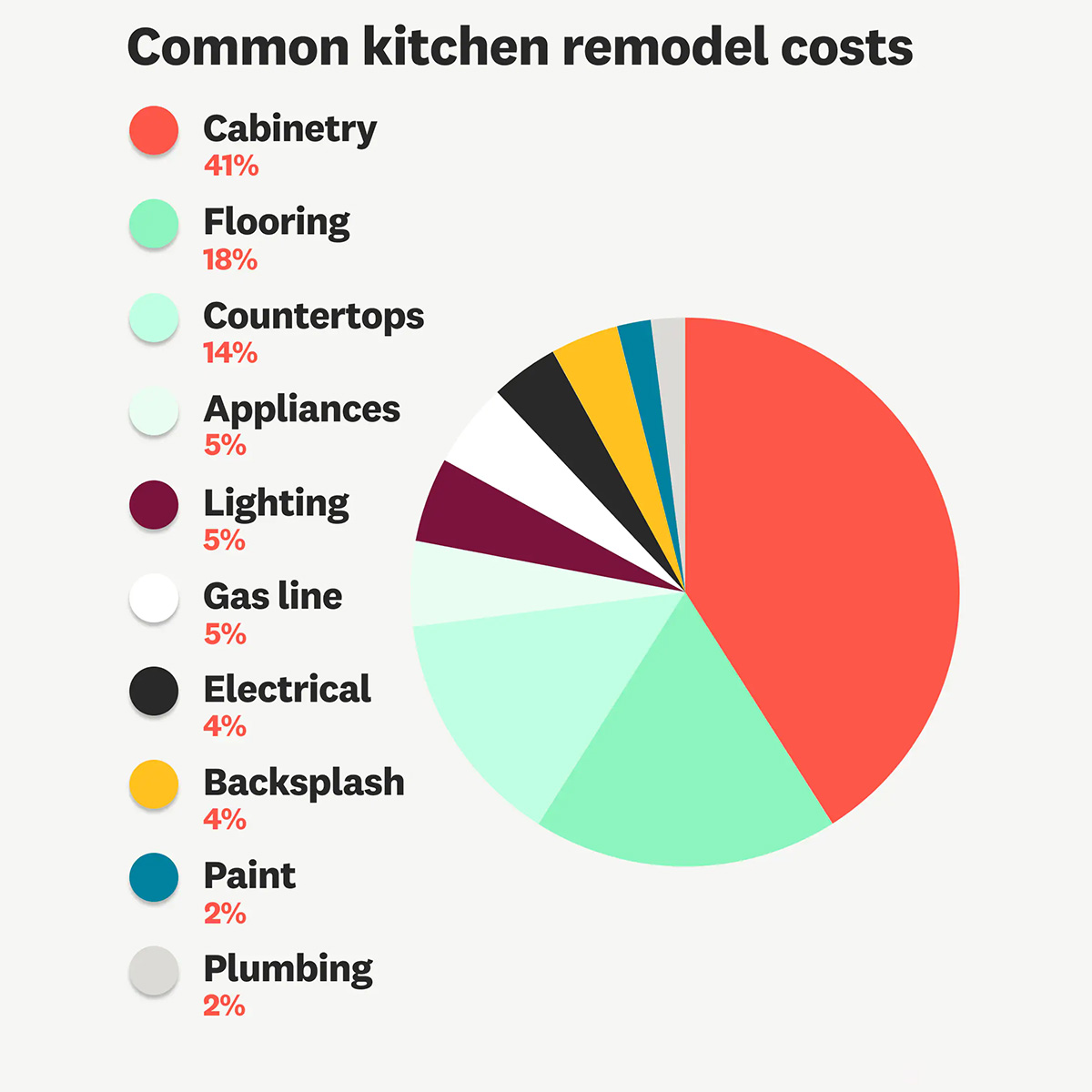

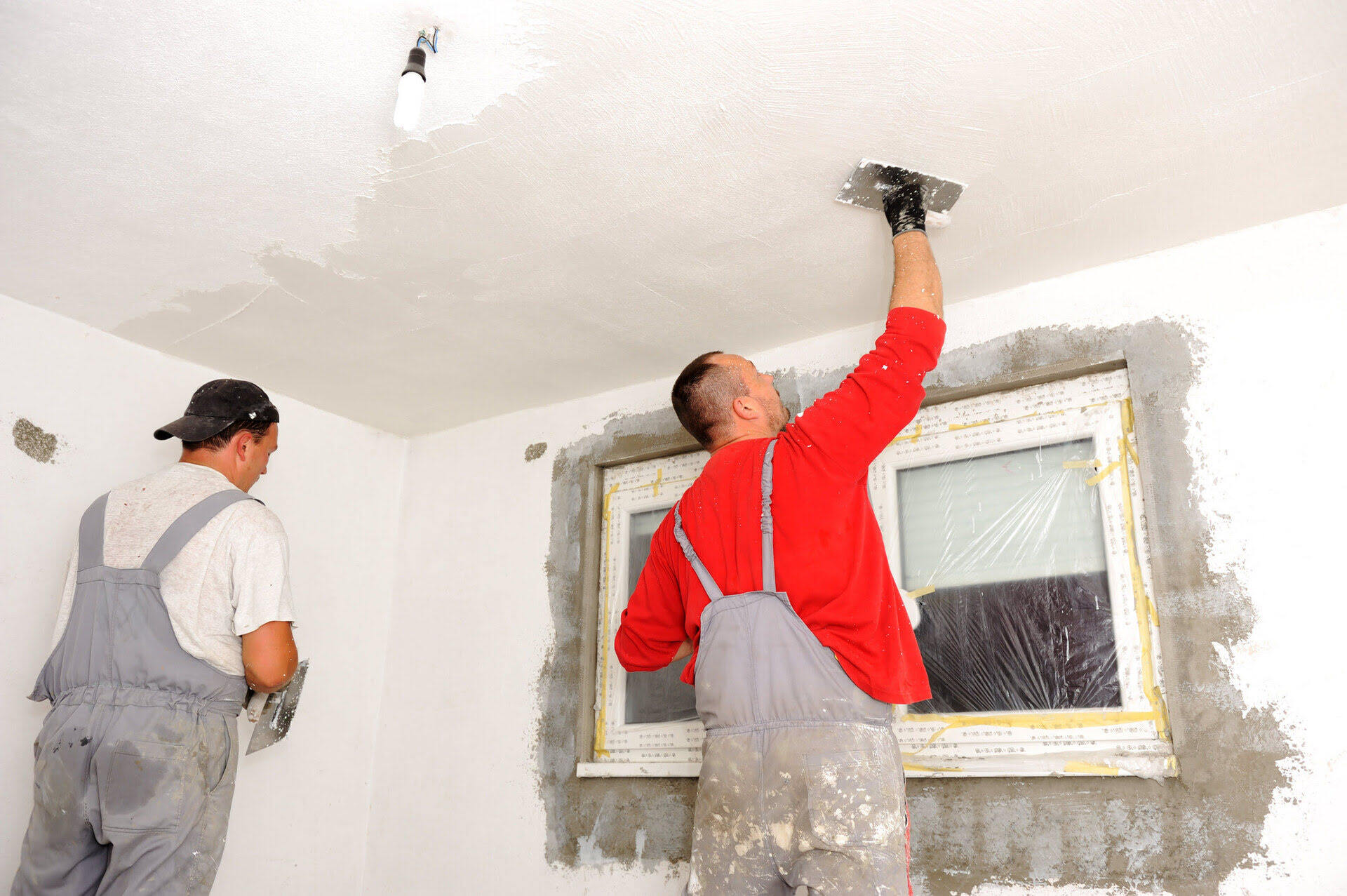
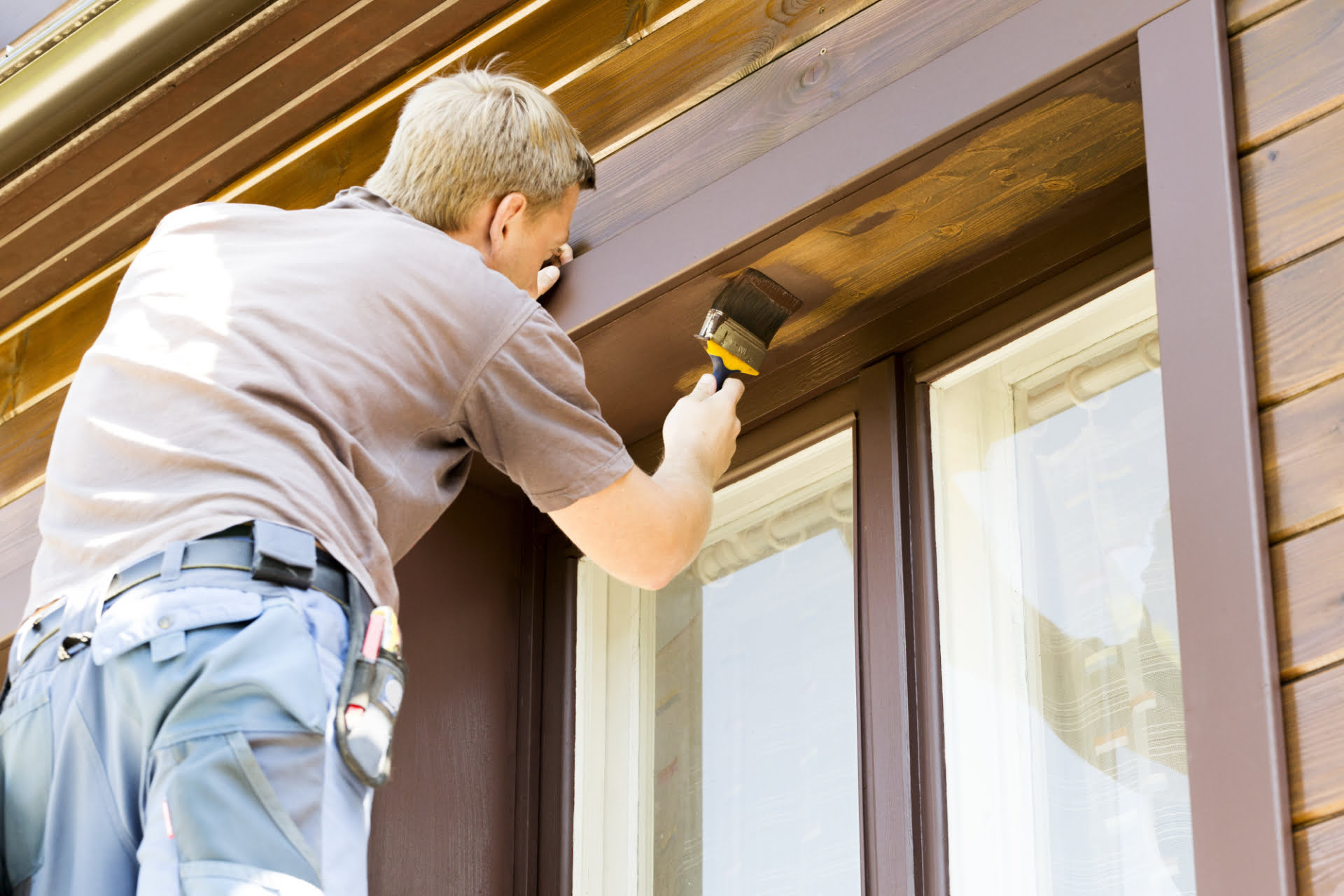
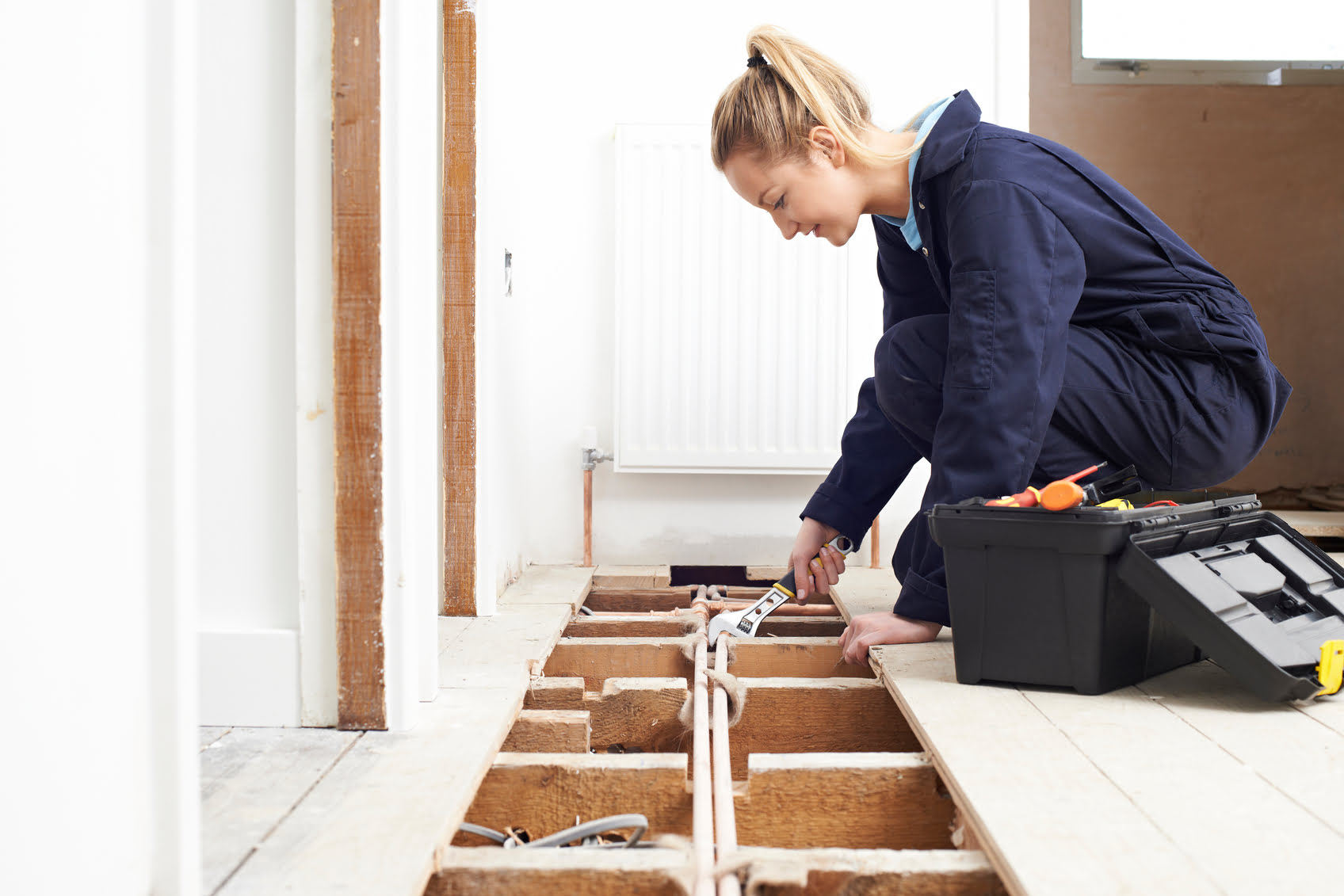
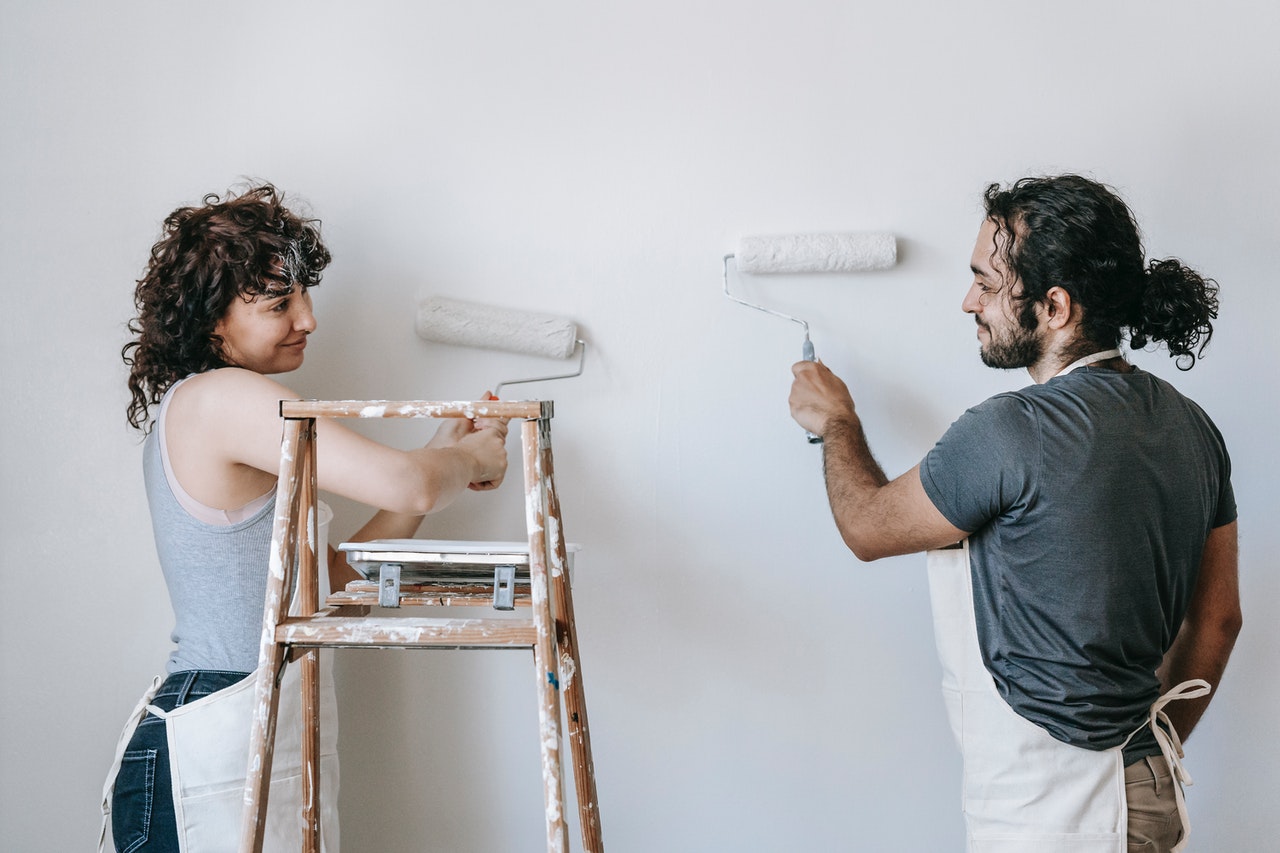

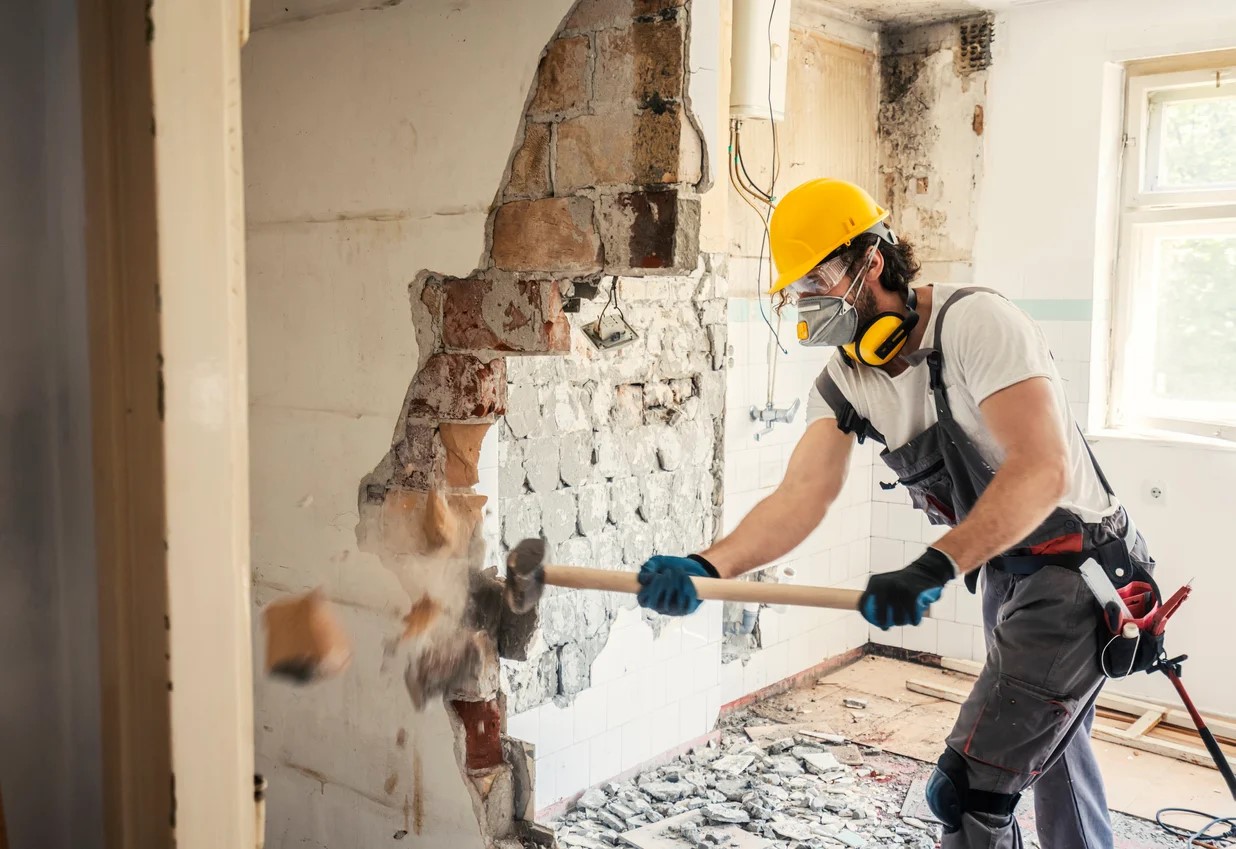



0 thoughts on “What Is A Dishonest Home Improvement”